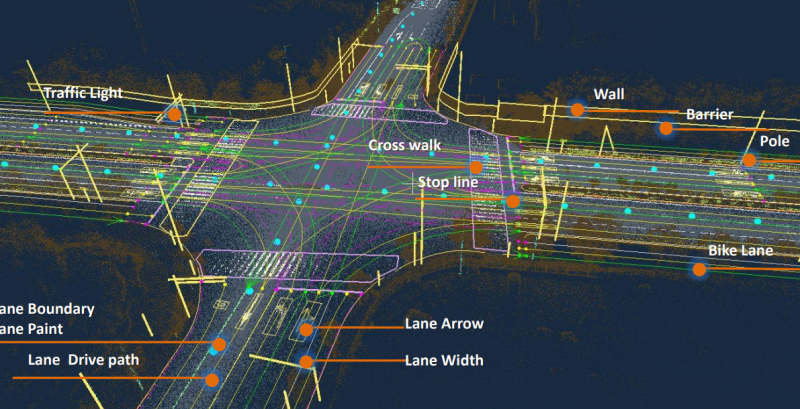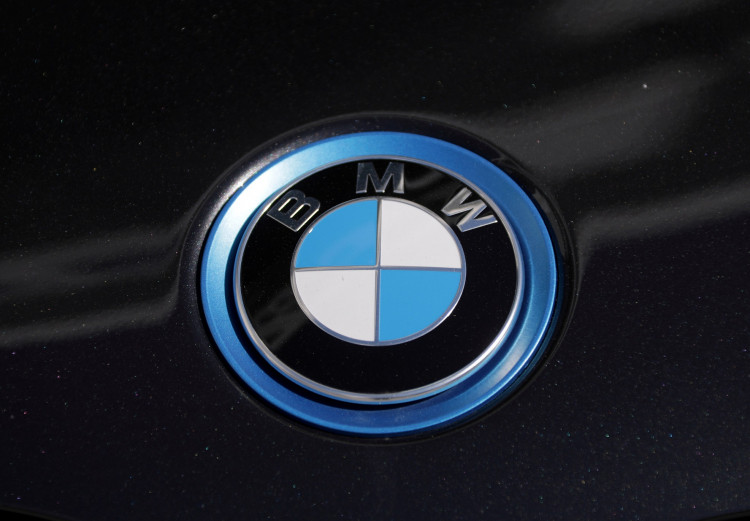BMW China announced on July 15 that it has reached a cooperation agreement with NavInfo, a high-resolution(HD) map provider based in Beijing, as the Germany carmaker is pushing forward its autonomous driving business in China. The move came after BMW China formed 5G partnership with local telecom giant China Unicom a week ago.
HD map is one of the core technologies for autonomous driving cars. Compared with a conventional road-level navigation map, the HD map is able to offer more precise lane-level details including the width of lanes, the location of hard shoulders, road signals and a variety of obstacles, with accuracy down to a few centimeters. Precise road information can help autopilot cars accurately recognize surrounding environments and make optimal driving decisions.

The high precision of HD Map is not only in its centimeter-level quantization, but also in its spatial abstraction level, which helps the system accurately define its position in the environment and drive safely and smoothly in this changing environment.
In practice, HD maps can be upgraded online through OTA technology like mobile phone software to continuously update road conditions to include road construction and other obstacles.
NavInfo already announced the cooperation on Feb. 12. The listed mapping company said it will provide BMW China with its maps and relevant services for level 3 (or higher levels) autonomous driving that will be used in BMW Group-owned vehicles, including BMW, Mini, and Rolls-Royce, to be mass-produced and delivered in China between 2021 and 2024.
NavInfo said in its announcement that quantity and value of the transaction would depend on the sales volume of BMW's vehicles equipped with the autonomous driving system during the agreed period.
BMW group became the first foreign carmaker to gain an autonomous driving road test license in China last year. BMW iNEXT, the company's first model with the L3 autopilot, is expected to be officially launched in 2021.
Besides HD maps, autonomous driving also relies on new technologies such as 5G and big data analysis, as connected cars will generate masses of data, which will be sent to data centers for analyzing and computing in real-time through mobile network.
According to BMW's data, its test car in China can produce up to eight terabytes of data an hour -- the equivalent to about 3,600 high-definition movies -- and 4G networks simply cannot provide the bandwidth needed to process the data quickly.
On July 10, BMW China and China Unicom struck a deal to test autonomous cars using 5G networks. Just a month earlier, China Unicom gained 5G commercial licenses from MIIT(China's Ministry of Industry and Information Technology) with another 3 companies.
Jochen Goller, President and CEO of BMW Group Region China, said earlier this month, "the BMW Group is making systematic and forward-looking investments in autonomous driving... China's market size, special traffic conditions and China's unique advantages in digitalization are bound to make China a frontier in autonomous driving."






